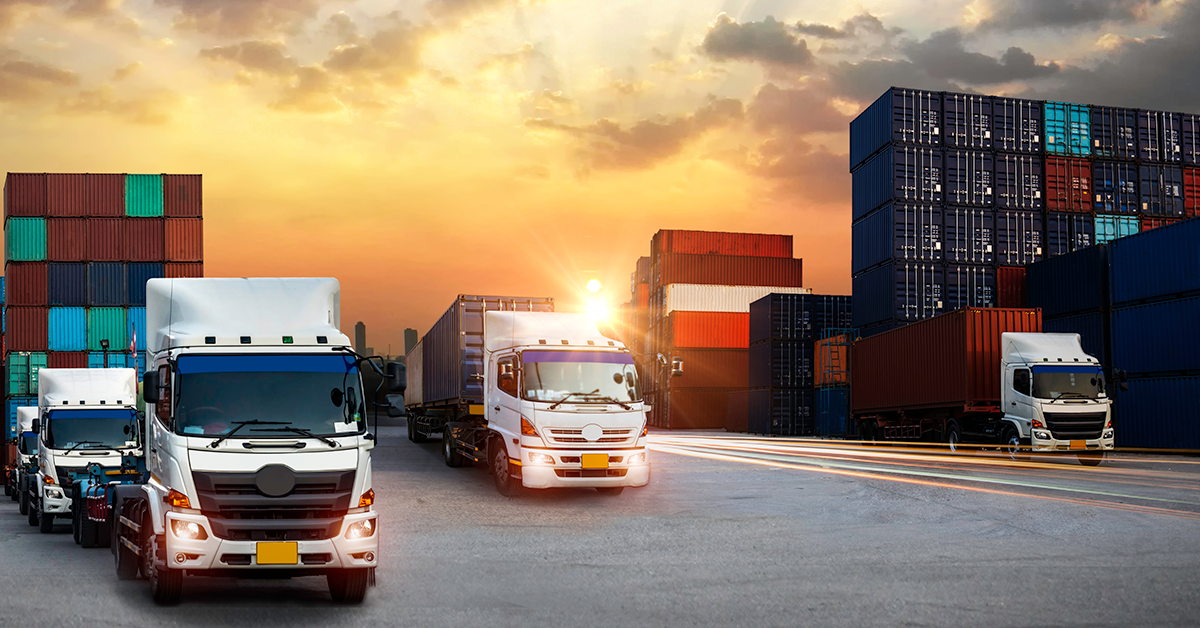

The need for personal protective equipment (PPE) has grown exponentially since the beginning of the global pandemic. Many manufacturers changed their main offerings in response to the high demand, and sellers (and resellers) have flooded the market. There are now countless manufacturers, trading companies, and distributors selling PPE around the world.
With so many options in so many countries, this presents new challenges — especially as the need for PPE begins to rise again with the reopening of schools, businesses, and workplaces. How do you know which supplier can meet your needs in a reliable manner, with the product quality you require? We've outlined 5 key challenges organizations face — and how to overcome them.
If you'd prefer to have someone just do the work for you, we also recommend the Alibaba.com Select service. With Alibaba.com Select you outline your exact needs, and the team of experts takes care of the rest quickly, securely, and within your budget.
The best place to start looking for PPE sellers is on global B2B marketplaces like Alibaba.com. In-person trade shows also used to be a great place to find sellers, but in 2020 companies have created online trade shows that meet the same needs but keep you safe, and save you the cost of flying to a trade show and paying for admission.

Once you decide on where to search for suppliers in general, you may want to find suppliers based on location. PPE is produced in all corners of the world. Statista reported that in 2019, China accounted for over 17% of all PPE exports globally, with Germany and the United States making up for over 12% and 10% of PPE exports respectively. When looking at sellers who offer your product, there are advantages to sourcing specific items from certain countries and regions that specialize in that product. On the flip side, buying from a local or domestic supplier provides you the ability to get items quickly — if they are available.
Given the constant changes in regulations and requirements, along with surging demand and the need for sourcing overseas, it can be difficult to verify that the seller you are about to do business with is of the quality you expect. The good news is that a little bit of searching can go a long way.
Find their legal name
When attempting to verify a supplier, the first thing you want to do is ensure you have the accurate name of the company you are doing business with. To do this, you can ask for the company name and address that will appear on the invoice or request a proforma invoice.
Do due diligence
While you're waiting for that information, do your own due diligence on this company. You can do so easily with a quick internet search, or by searching online B2B directories. You want to make sure that this search does not raise any red flags.
Request samples
Finally, requesting and reviewing samples is always a good idea. Seeing the product in person and physically touching it always helps to ensure that it meets your quality requirements. If you don't have the time or resources to do this on your own, a third-party inspection company can do this for you.
For those who are new to sourcing overseas, Incoterms are very important to understand. “Incoterms” stands for “international commercial terms,” and they are a globally recognized set of standards created and published by the International Chamber of Commerce and used worldwide in international and domestic contracts for the delivery of goods. They determine who is responsible (and liable) for a shipment during each step of the process.

The chart above illustrates where responsibility transfers from the seller to the buyer (you) for each Incoterm. It's important that these terms are discussed and confirmed before the contract of sale is negotiated, and can then be incorporated into the contract of sale by clearly specifying that the contract is governed by Incoterms® 2020 or Incoterms® 2010.
After you identify a product and negotiate your order, you'll have to pay your supplier. Whether it's just a deposit or the full payment, you will likely need to send money to the supplier before the order ships.
Payment terms
It is recommended that payment terms and payment options are discussed as early in the conversation as possible, and are then written into your contract. Many manufacturers require a 100% pre-payment via Telegraphic Transfer, also known as a "wire transfer." Some will request a deposit (often between 30-50%) before the order is prepared, with the balance due either when the order is completed, or within 30 days of shipment.
Letter of credit
When it comes time to make that payment, one way to ensure your payment is secure is to use a letter of credit issued by a foreign bank with a presence in the country or region you are purchasing the goods. If you're unfamiliar, a letter of credit is a complex process in which a trusted institution (typically a bank) verifies that both you are good for the amount of money you've agreed to pay, and your supplier is good for the order they agreed to send. If either side doesn't follow through, the bank still pays for the loss.
Escrow services
Another way to ensure your payment is secure is through escrow services. If both parties agree, then a trusted third-party will take the payment in advance and hold onto that money until you verify the order arrived. Then the money gets disbursed to the supplier.
Secure websites like Alibaba.com
A final way to ensure secure payments is through trusted websites like Alibaba.com. Sometimes suppliers will request that you transact offline, but if you keep your payments on the website you can often benefit from order protection services like Alibaba.com's Trade Assurance, or Alibaba.com Select which is a sourcing service that ensures secure orders and payments.
Once your order is ready to ship from overseas, you'll need to get it to your destination. There are countless ways to do this, as well as ever-changing customs requirements for both importing and exporting.
Ask your supplier
To figure out shipping details you can first ask your supplier. They will often even offer to arrange the shipment for you. If you do not have experience with cross-border shipping, this can be the easiest way to ensure the product is delivered to your door. In this case, you'll want to make sure the agreed-upon Incoterms include shipping to your destination country.
Work with a freight forwarder
If you prefer to arrange shipping on your own, you can easily do this with a freight forwarder. A freight forwarder is a service provider that arranges international freight shipments. Freight forwarders provide a variety of services including forwarding and customs brokerage, shipment management, and forwarder selection. You can find many reputable freight forwarders with a quick internet search.
Ensure you're compliant with your country's codes
A final item to note for any shipment is that every country has its own set of requirements for exporting and importing products. Be sure to consult a licensed customs broker before importing any medical devices or PPE, especially when importing to the US. Most goods regulated by the U.S. Food & Drug Administration (FDA) require a formal entry for importation. If a formal entry is required, you must have an account set up with a customs broker to prepare documentation prior to shipping. The Importer of Record (IOR) – which is typically you – is ultimately responsible to ensure that the documentation provided is accurate and complete. If this is not done properly, you risk your shipment getting stuck at customs.
If this all sounds daunting to you, there is an alternative to taking care of every detail yourself. Alibaba.com Select is an end-to-end PPE sourcing service powered by Alibaba.com — one of the largest B2B ecommerce platforms in the world. Alibaba.com provides this service by tapping into its superior supply chain networks that provide reliable delivery services, payment and order protection, inspection, and more. You tell the team what you need, and they go to work ensuring the goods you need get to you exactly as described, fully inspected, meeting the quality standards you expect, and within your budget. You can learn more about Alibaba.com Select here, or email ppe@alibaba-na.com to speak to someone directly.
Want to learn more about sourcing PPE? Watch our webinar and you'll get tips for overcoming challenges you may come across. You can view our previous fires chats here.
Have a back-up plan. As we saw with PPE, demand for your products could rise suddenly at any moment, or import/export lanes could become complicated due to tariffs or pandemics. Build a relationship with an alternate supplier who can help you keep your process running smoothly no matter what.


